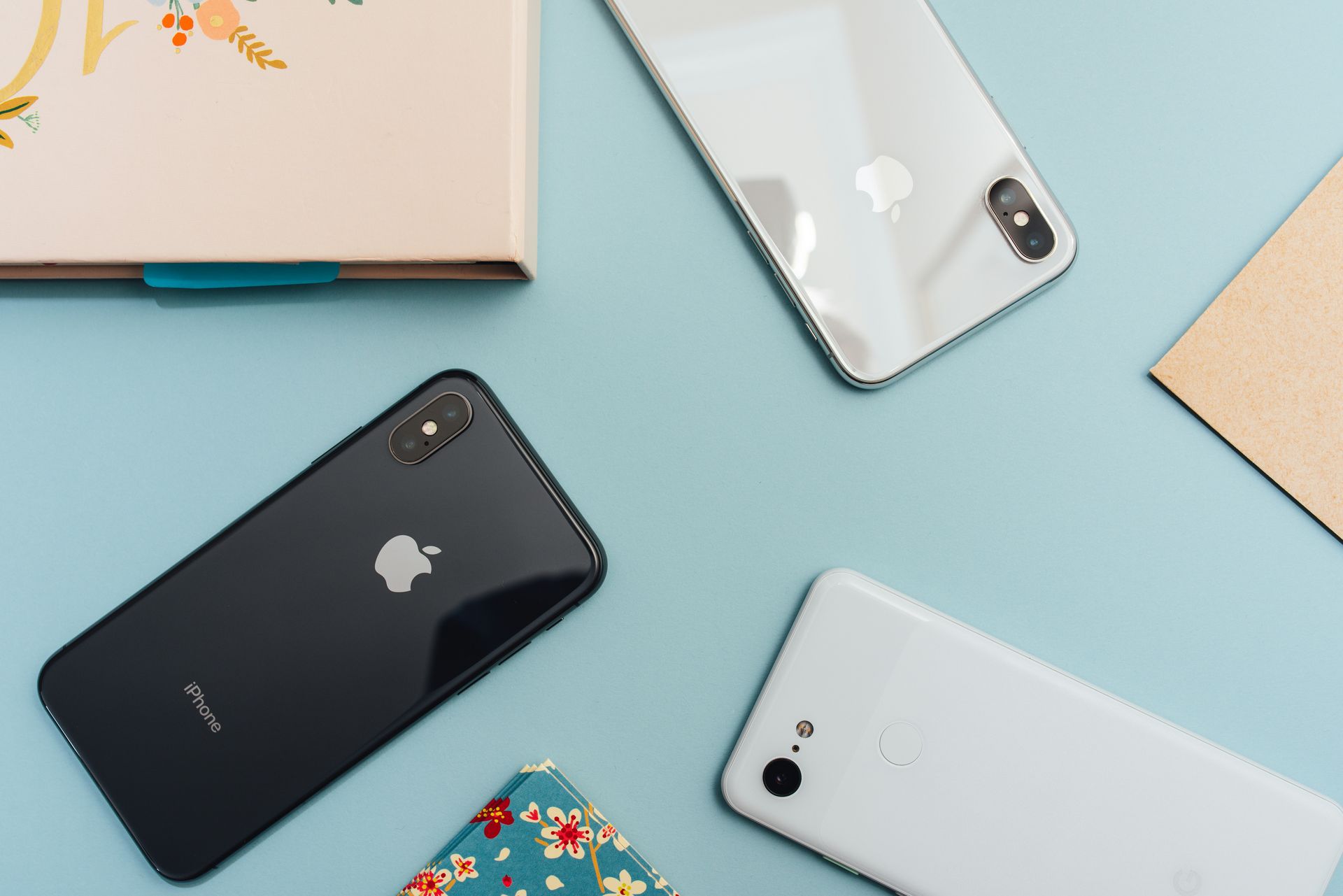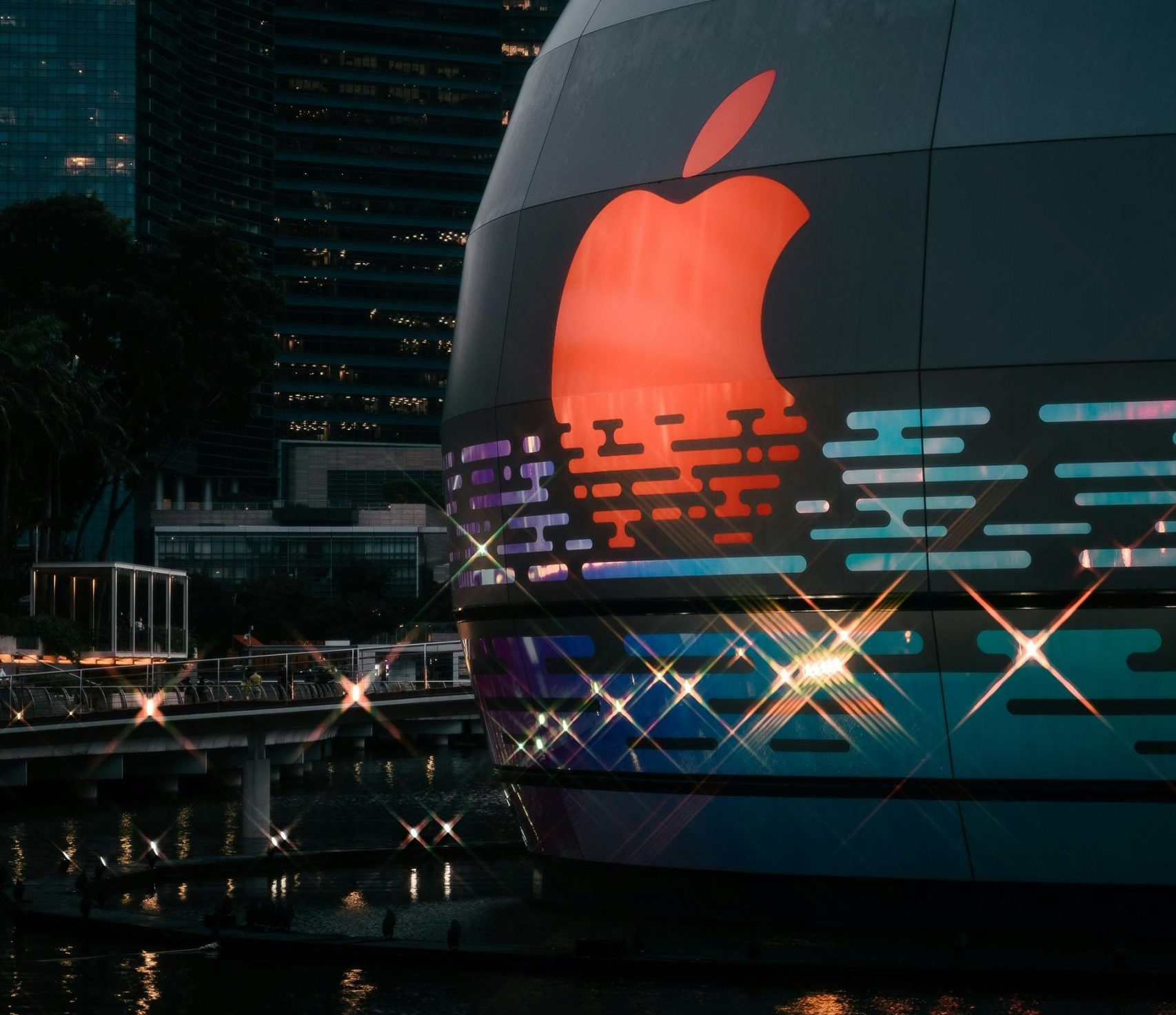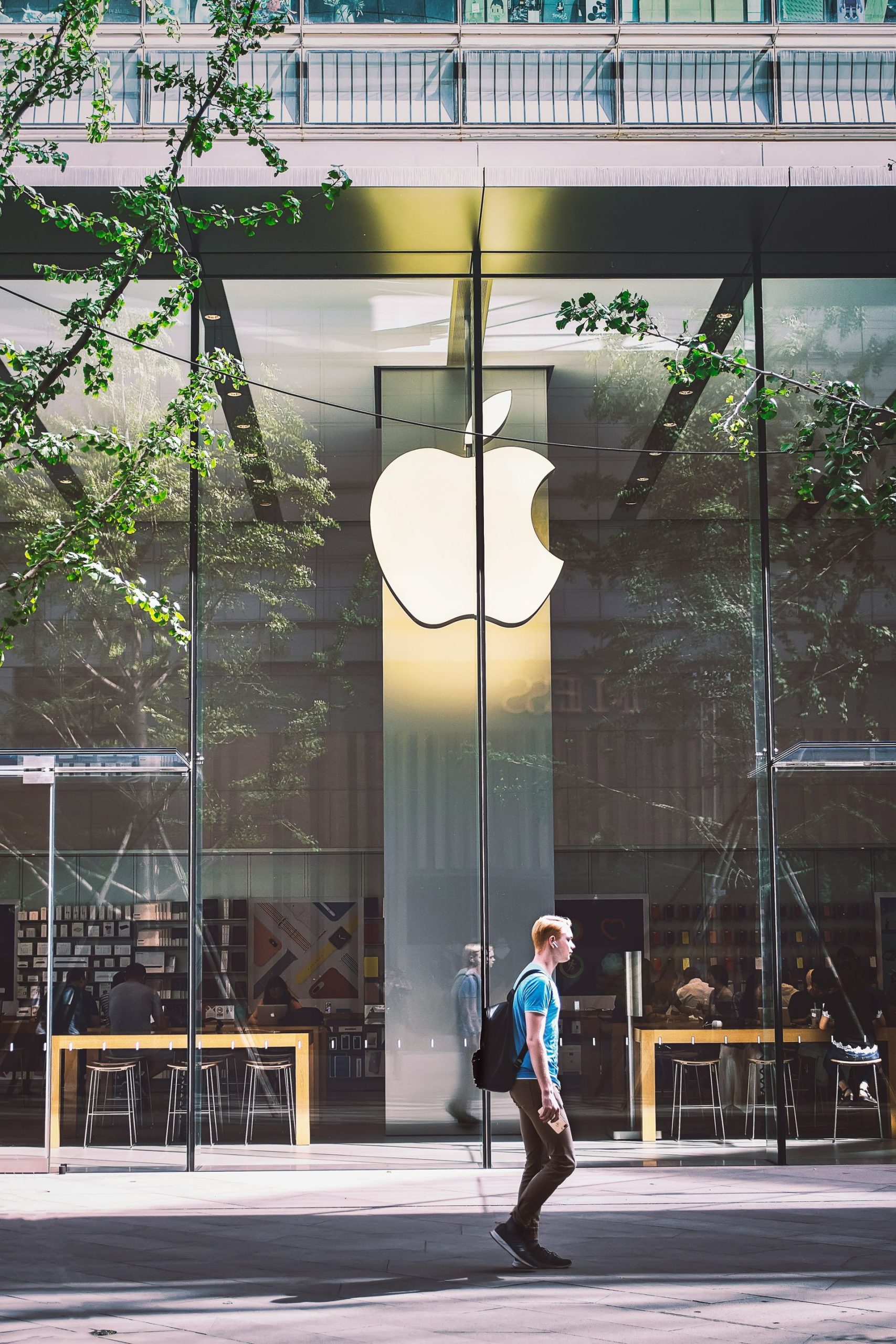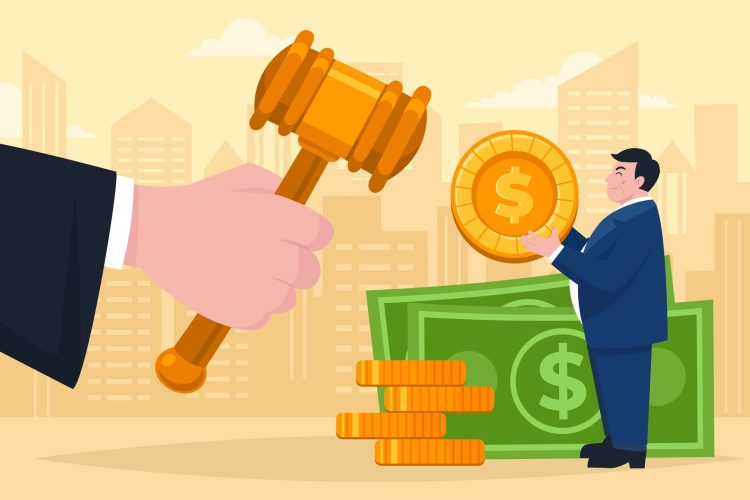The B.C. Supreme Court has announced its decision in the Apple class action lawsuit. The Supreme Court has approved a $14.4 million settlement of a lawsuit against Apple over software updates that intentionally slowed down older iPhone models.
The settlement resulted in Apple agreeing to “settle” without admitting any wrongdoing. Here are all the details…
Apple class action lawsuit: Everything we know so far
Under the settlement, affected iPhone users residing in Canada, excluding Quebec, will be eligible for compensation. iPhone users who wish to file a claim have six months to do so.
Apple will pay approximately $11 to $14 million, depending on the number of claims filed and approved.

The lawsuit was first filed in 2018 and included a similar case in the United States regarding the slowdown of iPhone 6 and 7 models. In the US case, Apple agreed to pay $92 to American iPhone users.
The settlement compensates affected iPhone users and demonstrates that Apple’s software updates can affect iPhone performance. However, Apple did not admit any wrongdoing as part of the settlement, so the plaintiffs did not win a complete victory.
Here are some of the highlights of the case:
- The settlement shows that Apple acknowledges that software updates can affect the performance of iPhones
- Apple has not admitted any wrongdoing as part of the settlement
- While the settlement provides a source of compensation for affected iPhone users, the plaintiffs did not win a complete victory

What is the Apple 6 and 7 lawsuit?
Here’s a summary of the Apple 6 and 7 lawsuit, often referred to as “Batterygate“:
The allegations
Apple was accused of deliberately slowing down older iPhone models (the iPhone 6 and 7 series) through software updates. Lawsuits claimed this drove users towards purchasing newer, more expensive iPhones. People experienced noticeable performance drops and unexpected shutdowns, making them believe their devices were becoming obsolete sooner than they should.
The lawsuits
Apple class action lawsuits against Apple were filed in both the United States and Canada. These lawsuits aimed to win compensation for all iPhone owners affected by the performance throttling.
Apple’s response
Initially, Apple denied any planned wrongdoing. They explained that the updates were meant to protect the aging batteries in older iPhones and manage their performance. Later, the company apologized for the situation and offered discounted battery replacements to address the issue.

Settlements
Apple eventually settled the lawsuits in the US and Canada. The settlement in Canada amounted to up to $14.4 million (CAD). iPhone owners in Canada who were affected by the slowdown could file claims for compensation. The amount of compensation received generally ranged from $17.50 to $150 (CAD), with the actual amount varying based on the number of claims filed.
Final thoughts
The settlement of the Apple iPhone class action lawsuit in Canada marks a significant, although not entirely victorious, moment for consumers. While Apple did not admit to any intentional wrongdoing, the case highlights the potential impact that software updates can have on device performance. It also serves as a reminder of the importance of holding corporations accountable for their actions and the role that class action lawsuits can play in seeking fair treatment for consumers.
While iPhone owners affected by this issue will see some compensation, it’s important going forward for consumers to be aware that software updates can have both intended and unintended consequences. Staying informed about potential performance impacts and demanding transparency from tech companies will be crucial in the future.
Featured image credit: Freepik





